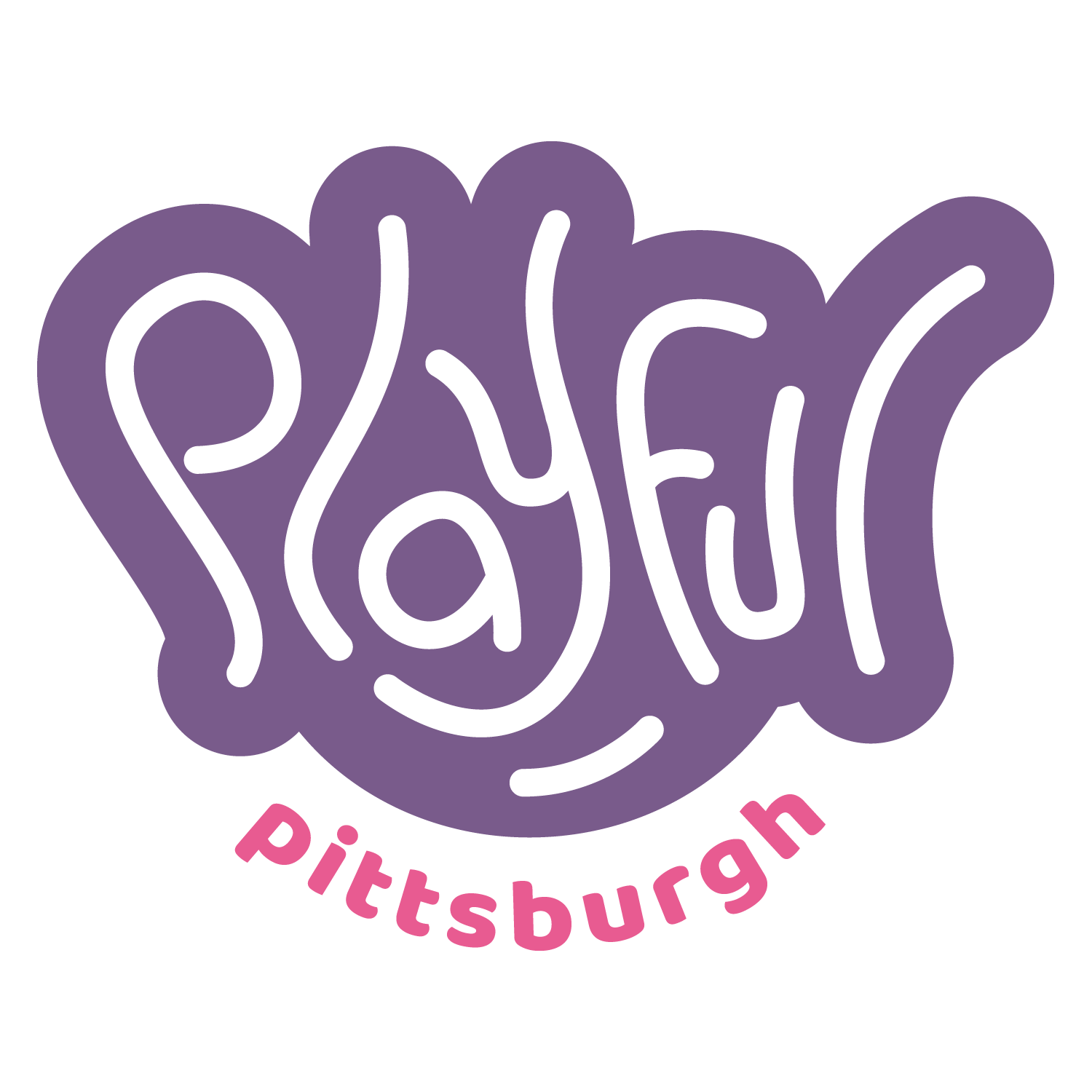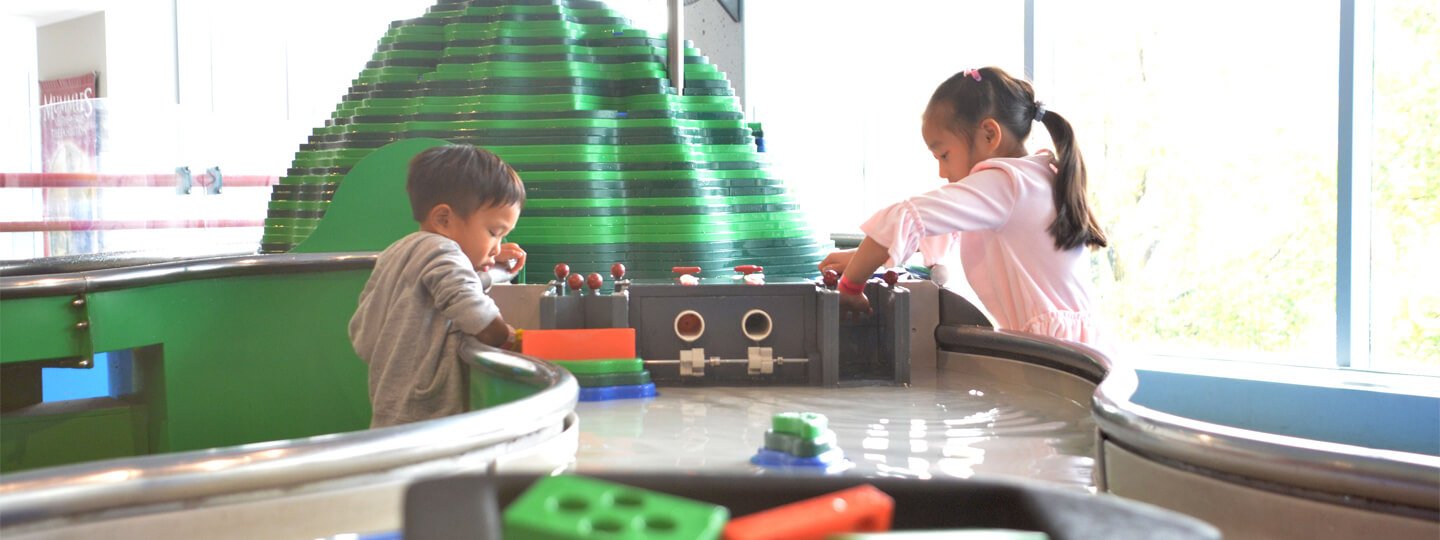
NEWS
Looking to Support Play?
Learn more about how you can continue working together with Playful Pittsburgh.
As of July 1, 2025, the Playful Pittsburgh initiative is shifting gears while we explore future opportunities and funding. During this transition, we’ve paused updates via the website, social media, and email, as well as event support and game borrowing.
You can still access play resources:
Visit tryingtogether.org for our Playful Resource Series.
Explore our Recess Advocacy Toolkit, developed in collaboration with Trying Together, and stay tuned for the forthcoming Play Advocacy Toolkit.
If you are interested in supporting the future of Playful Pittsburgh, please reach out:
For sponsorships, contact Kerry Chapman, assistant director of development at kerry@tryingtogether.org or 412.206.1053.
For general inquiries, email playfulpgh@tryingtogether.org.
We remain deeply grateful to the many individuals and organizations who have championed play for more than a decade—and look forward to continuing to work together.
PA Promise for Children Resource Emphasizes the Importance of Play
PA Promise for Children has put together resources on the importance of play for children’s well-being and brain development.
PA Promise for Children has put together resources on the importance of play for children’s well-being and brain development.
Learn More
In The Importance of Play, PA Promise for Children notes that play is as important to a child’s well-being as work is for an adult. Play is important for brain development by teaching children new skills and how to share with others. It helps them to make decisions and learn about the world as well as work through scary and confusing experiences.
But, PA Promise for Children writes, nearly 40 percent of elementary schools have eliminated recess or are considering it, and many kindergartners in full-day programs have no break for recess.
Real Play
Play workers in the United Kingdom consider real play to be “socially interactive, first-hand, and loosely supervised.” The American Academy of Pediatrics argues that play should be child-driven - not adult-directed - and that it is important that children have independent time away from TV, tablets, and video games for the purpose of producing “healthy, fit young bodies.”
Encouraging play, PA Promise for Children notes, can help children who have time for free, open-ended play to score higher in reading and math tests. A lack of real play, on the other hand, can lead to childhood obesity, higher levels of frustration, stress, and aggression as well as a lack of creativity and imagination.
Some of the types of play encouraged are:
Large and small-motor play
Language play (telling stories, making up silly songs)
Construction play (building things)
Sensory play (playing in mud or water)
Make-believe play
Rough-and-tumble and risk-taking play
Symbolic play (turning a stick into a magic wand, for example)
Mastery play (learning how to do new things)
To learn more, read PA Promise for Children’s The Importance of Play.
Child Mind Institute Shares Resources on Setting Screen Time Rules for Summer
As summer temperatures heat up, parents will likely want to encourage their children to spend more time outside and hope that they’ll spend less time thinking about screen time.
As summer temperatures heat up, parents will likely want to encourage their children to spend more time outside and hope that they’ll spend less time thinking about screen time.
The Child Mind Institute has put together a list of resources on how to make effective rules for screen time during the summer.
Learn More
Most parents will want to limit their children’s screen time and, more importantly, not spend much of the summer arguing about it.
The Child Mind Institute has shared tips for identifying the tech-related harms that parents will want their children to avoid as well as the activities they’ll want to encourage. It also discusses how to make a practical plan to achieve both objectives.
The resources include recommendations on screen use for children who are neurodivergent and strategies to keep children reading over the summer. The Child Mind Institute proposes ways to provide the structure that children with ADHD need to thrive while on summer vacation.
Lastly, the resources explore how parents should not be afraid to let their children become bored because there are lessons they can learn from it.
Here are The Child Mind Institute’s resources on how to approach screen time for children during the summer:
For more information, visit The Child Mind Institute’s website.
Resources for July Observances
Various organizations, states, and nations recognize a number of observances each month. Resources can help parents, caregivers, and child care professionals acknowledge and navigate them.
Various organizations, states, and nations recognize a number of observances each month. Resources can help parents, caregivers, and child care professionals acknowledge and navigate them.
Here is a list of resources for July observances.
Month-Long Observances
National Parks and Recreation Month
Pittsburgh Parks Department, CitiParks
Summer Program Guide, Pittsburgh Parks Conservancy
Top Green Spaces and Public Parks in Pittsburgh, Visit Pittsburgh
Why Kids Need to Spend Time in Nature, Child Mind Institute
Free Worksheet: Thank a Park Ranger Card, Education.com
Become a Junior Ranger, National Park Service
The Benefits of Outdoor Play: Why It Matters, Children’s Hospital of Philadelphia
National Minority Mental Health Awareness Month
Prioritizing Minority Mental Health, Centers for Disease Control and Prevention (CDC)
BIPOC Mental Health Month, Mental Health America
Mental Health Disparities: Diverse Populations, American Psychiatric Association
Mental Health Doesn’t Discriminate, So Why Do BIPOC Communities Have Difficulty Accessing Care?, Jefferson Center for Mental Health
Erasing Mental Health Stigma in the Black Community, National Alliance on Mental Illness (NAMI)
Where to Find Mental Health Services for Children and Adolescents in Pittsburgh, The University of Pittsburgh Youth and Family Research Program
BIPOC/AAPI Mental Health Resources, NAMI New Hampshire
Anti-Racism Resources for Families, Trying Together
Multilingual Trauma Resources, The Child Mind Institute
Days of Recognition
July 4 is Independence Day
Ways to Celebrate Independence Day in Pittsburgh in 2025, Visit Pittsburgh
23 Crafts and Activities for Independence Day, We Are Teachers
A Nation’s Story: What to the Slave is the Fourth of July?, National Museum of African-American History & Culture (NMAAHC)
July Fourth and Early Black Americans: It’s Complicated, Cornell Chronicle
Making Our Voices Heard: Books About Activism for Kids, Read Brightly
July 7 to 8 is Islamic New Year
Muharram 2025: When is Islamic New Year?, The Old Farmer's Almanac
Muharram, Calendar United States
July 14 is International Nonbinary People’s Day
Gender Identity Development in Early Childhood, Trying Together
Resource List: LGBTQ+ Organizations, Trying Together
A Guide to Gender Identity Terms, NPR & WESA
Understanding Nonbinary People: How to Be Respectful and Supportive, National Center for Transgender Equality
10 Ways to Step Up as an Ally to Nonbinary People, Stonewall
Children’s Books That Teach Tolerance, Goodreads
Early Childhood Book List: Learning About Gender Diversity, Social Justice Books
July 26 is National Disability Independence Day
Celebrating National Disability Independence Day, InclusionHub
Guide to Disability Rights Laws, U.S. Department of Justice: Civil Rights Division
Ideas for Celebrating the ADA, ADAAnniversary.org
Disability and Autism Supports, Allegheny County Department of Human Services
Disability Resources in the Community, University of Pittsburgh Medical Center (UPMC)
30 Inclusive Children’s Books About Disabilities, We Are Teachers
Service Dog 101: Everything That You Need to Know, American Kennel Club
RAD Pass Offering Thousands of Free Admissions to Pittsburgh’s Top Attractions
A number of Pittsburgh’s top attractions are offering tens of thousands of free admissions through August 31 for those who have an Allegheny County library card and a Regional Asset District (RAD) Pass reservation.
A number of Pittsburgh’s top attractions are offering tens of thousands of free admissions through August 31 for those who have an Allegheny County library card and a Regional Asset District (RAD) Pass reservation.
Learn More
RAD Summer Staycation reservation spots will be added regularly through August. Users are asked to read offers carefully, as some attractions offer two- or four-packs for admission.
Currently, attractions making offers of free visits on the RAD Pass website include:
The Andy Warhol Museum
Carnegie Museum of Art
Carnegie Museum of Natural History
Carnegie Science Center
Children’s Museum of Pittsburgh
The Frick Pittsburgh
Mattress Factory
National Aviary
Pittsburgh Zoo & Aquarium
In the coming months, the following institutions will make offers:
Heinz History Center
Phipps Conservatory and Botanical Gardens
Pittsburgh Botanic Garden
Soldiers & Sailors Memorial Hall and Museum
Booking Tickets
To book tickets for RAD Summer Staycation admissions, visit the RAD Pass website. Then, users should log in with their Allegheny County library card and PIN and browse for passes by date or venue. Once a pass is reserved, it should be printed or downloaded to a mobile device.
Participants are asked to only book a reservation that they plan to use on the selected date. They should also cancel their reservation to open up spots for others if they find out they cannot attend on a day they reserved.
For more information, visit the RAD Pass website.
PA Parks to Host Fish-for-Free Day on July 4
Families will be able to fish and borrow equipment for free as part of the Pennsylvania State Parks’ Fish-For-Free Day on Friday, July 4.
Families will be able to fish and borrow equipment for free as part of the Pennsylvania State Parks’ Fish-For-Free Day on Friday, July 4.
Learn More
The program is held by the Pennsylvania Fish and Boat Commission, American Sportfishing Association, and various sponsors. Its aim is to make it easy for anyone to access fishing tackle, be able to spend an afternoon fishing, and in the process become hooked for life to fishing.
The public can go to locations identified on the Borrow a Rod & Reel map and borrow rods, reels, and a tackle box full of hooks and other terminal tackle. The equipment is borrowed in much the same way books are borrowed from a library. Those wanting to borrow gear will complete a form and return the equipment to the site at the end of the loan period.
The program is intended for all levels, from those fishing for the first time to those returning to a favorite childhood activity. The equipment may also be loaned to groups conducting angler education programs in the community.
To find a fishing equipment loan site, visit the Borrow a Rod & Reel map and click on a “fishing” icon for a location, hours of operation, and contact information.





